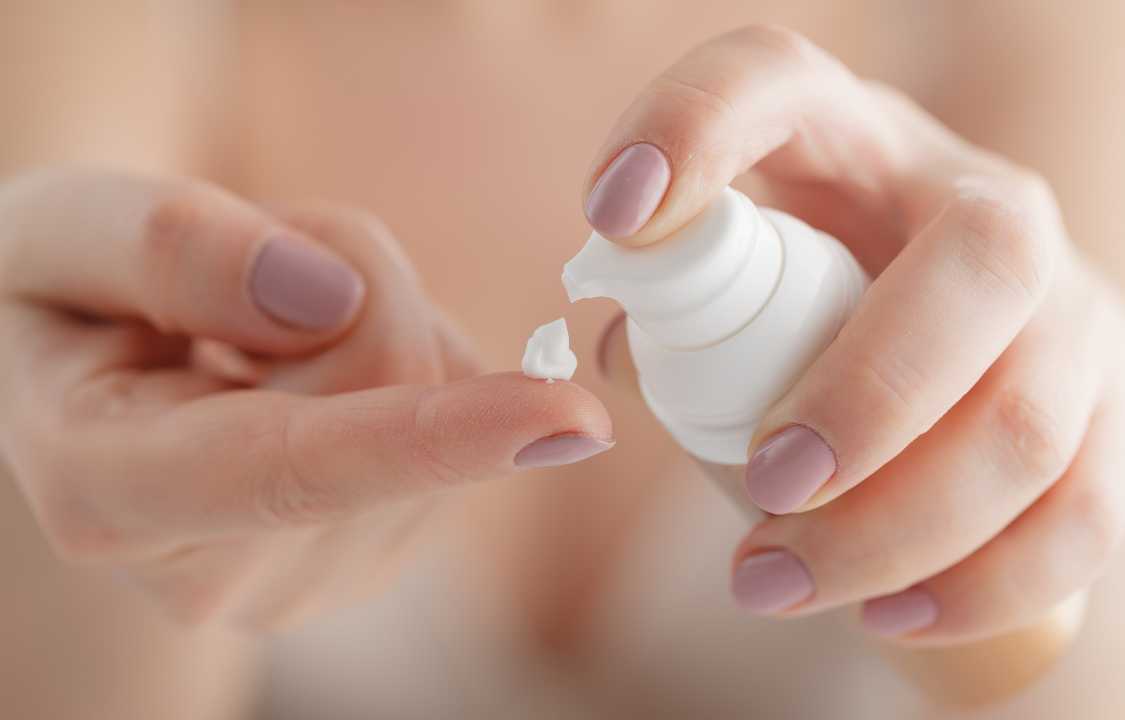Medical Care, Medications
Which Skin Creams are Most Effective for Eczema?
To alleviate the persistent discomfort of atopic dermatitis, the most prevalent form of eczema, individuals often embark on a daily quest. This inflammatory and itchy skin condition can disrupt sleep, social interactions, and various other daily activities.
In cases where home remedies, like mild cleansing and consistent moisturizing, fail to offer relief, medical professionals may suggest prescription treatments to be applied to the skin. A recent study has identified specific prescription creams as particularly effective in addressing atopic dermatitis symptoms.
What is atopic dermatitis and the itch-scratch cycle?
Atopic dermatitis is a persistent inflammatory skin condition. Typically affecting areas such as the face, hands, feet, or the skin folds behind the knees or elbows, the condition is characterized by chronic inflammation.
The exact cause of atopic dermatitis is not fully understood, but it is believed to involve a combination of genetic factors, environmental triggers, and an overactive immune system, all contributing to the development of inflammation that induces itching. The persistent cycle of itching and scratching intensifies inflammation, leading to a worsening rash. This can result in the skin tearing, oozing, and crusting, often accompanied by pain.
Which skin treatments were more effective in the study?
In a comprehensive 2023 study published in The Journal of Allergy and Clinical Immunology, researchers evaluated over 200 randomized trials involving more than 43,000 individuals with atopic dermatitis, with an average age of 18. The study aimed to assess the effectiveness of various prescription topical skin treatments for atopic dermatitis.
The evaluated treatments, falling into five categories, were applied to affected skin areas:
1. Topical Corticosteroids: These are classified into seven categories based on potency, with the aim of reducing the release of the inflammatory chemical phospholipase A2.
2. Topical Janus Kinase (JAK) Inhibitors: These disrupt inflammatory signals entering cells.
3. Topical PDE4 Inhibitors: These increase the production of phosphodiesterase-4 (PDE4), lowering the body’s inflammatory response.
4. Topical Calcineurin Inhibitors: These help suppress the production of chemical messengers that signal the body to enhance its defenses.
5. Other Topical Treatments: This category includes antibiotics and prescription moisturizers.
Researchers assessed the medications based on outcomes important to patients, focusing on factors such as:
- Improvement in quality of life
- Reduction in eczema-related severity, itch, sleep disturbances, or flare-ups
- Occurrence of serious side effects
- Frequency of discontinuation due to serious side effects.
The study aimed to identify the most effective and well-tolerated topical treatments for atopic dermatitis, providing valuable insights for medical practitioners and individuals seeking relief from this skin condition.
Which atopic dermatitis medications proved to be most effective?
The 2023 study identified two calcineurin inhibitors, pimecrolimus (Elidel) and tacrolimus (Protopic), along with moderate-potency topical corticosteroids, as overall winners for treating atopic dermatitis. These medications demonstrated significant improvements in various outcomes related to eczema. Specifically:
1. Pimecrolimus (Elidel):
- Improved six out of seven outcomes.
- Among the most effective at reducing sleep disturbances and eczema flares.
2. High-dose Tacrolimus (Protopic 0.1%):
- Improved five outcomes.
- Among the most effective at reducing itch and eczema flares.
3. Moderate-potency Topical Corticosteroids (e.g., fluocinolone acetonide, triamcinolone acetonide):
- Improved four to six of the seven outcomes.
- Particularly effective at reducing eczema itch, flares, and serious side effects.
While the study confirmed the effectiveness of strong topical steroids in reducing eczema severity, it also suggested considering a switch to moderate-potency steroids or nonsteroid options for longer-term maintenance to minimize the risk of skin thinning associated with prolonged steroid use.
A surprising finding from the study was the little to no difference in effectiveness between applying a topical cream twice daily versus once daily. This challenges the traditional advice of twice-daily application, and Dr. Connie Shi, a dermatologist, notes that once-daily use may offer convenience without compromising effectiveness.
In terms of less effective treatments, the study highlighted that topical antibiotics were among the least effective options for managing eczema.
Should you change your treatment?
Dr. Connie Shi emphasizes that individual responses to atopic dermatitis treatments can vary, and what worked for the participants in the study might not necessarily be universally effective. Several factors, including age, affected skin areas, eczema severity, and potential side effects, need to be considered when prescribing a treatment.
The key takeaway is to stick with a treatment regimen that proves effective for an individual, provided there are no serious side effects. If the current regimen is not yielding satisfactory results, Dr. Shi recommends consulting with a doctor or dermatologist to explore alternative prescription creams or ointments that may be more suitable for the specific case.

